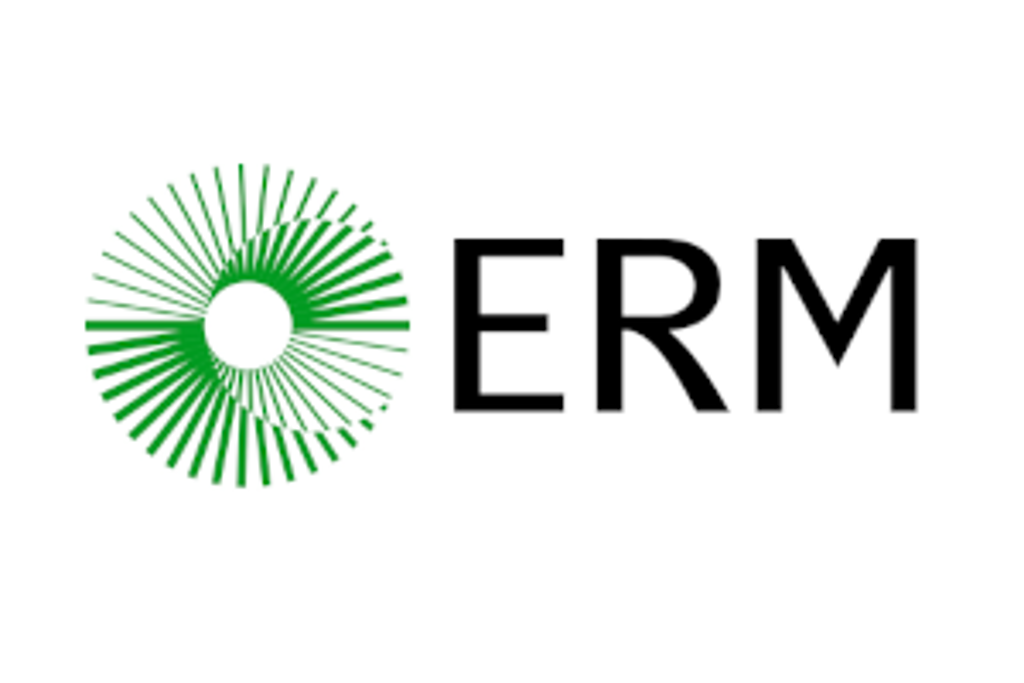
The company Engineering Safety Consultants Ltd., United Kingdom, is an accepted course provider for Safety Instrumented Systems trainings of the TÜV Rheinland Functional Safety Program.
Why attend the course?
There is an increasing dependence on Safety Instrumented Systems to achieve tolerable risk levels in the process sector. In addition there is an increasing need to justify that the risk levels that have been achieved are tolerable. Subsequent to incidents such as Texas City (USA) and Buncefield (UK), there has been a greater emphasis on standards such as IEC 61508 and IEC 61511.
The standards cover not only the design requirements of the systems themselves but also the development of the Safety Requirements Specification in terms of the Safety Instrumented Functions to be performed and the Safety Integrity Levels of those Safety Instrumented Functions.
The management of functional safety and the competence of those involved in any Safety Lifecycle activity are also specified in the standards.
Target Group
The course is aimed at those who have responsibilities within the scope of IEC 61508 & IEC 61511. In particular:
- Systems integrators of Safety Instrumented Systems being designed to meet the requirements of IEC 61511.
Agenda
Requirements
The following requirements have to be met, to participate in a training of the TÜV Rheinland Functional Safety Training Program and to get the FS Engineer (TÜV Rheinland) certificate:
- A minimum of 3 years’ experience in the field of functional safety;
- University degree (Master's or Bachelor's degree in Engineering); or, equivalent engineer level responsibilities status certified by employer.
Exam
Day four consists of a four-hour Two-Part examination where:
- Part 1 of the examination comprises a number of Multiple-Choice questions (where only one answer is correct) and Multiple-Response questions (where, at most only two correct answers are possible).
- The scoring for the Multiple Choice is one mark for a correct answer and no marks for an incorrect answer.
- The scoring for the Multiple-Response questions is one mark for a correct answer and two marks are available for the two possible correct answers.
- Part 2 = 10 multiple-part questions. Three marks per question are available for a correct answer.
The pass mark for the examination is 75%.
Costs
The price per participant is from GBP £1,990 depending on location.
This price includes: Course material; Registration fees; FS Engineer (TÜV Rheinland ) certificate if the participant has successfully passed the examination and requirements relating to other course requirements (e.g. experience etc.) have been met; Refreshments and Lunch.
For exact prices for specific locations please contact ESC.

